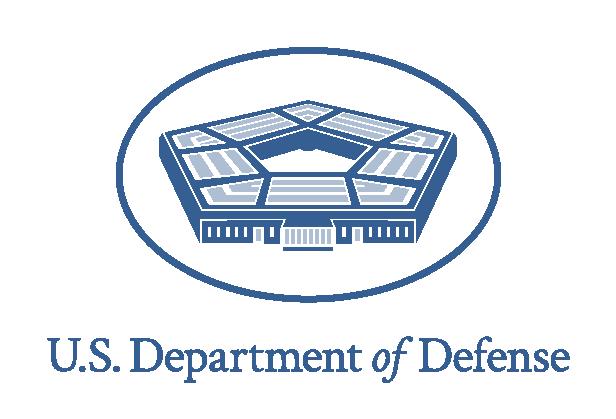
1 minute read
Corporate
The local downtown Washington, DC market features numerous high-profile and Fortune 500 offices spread across high-growth, essential, and prominent industry clusters including aerospace and defense, technology, healthcare, real estate, legal, public relations, engineering, financial services, and government, among many others. The city’s renowned urban core and robust office footprint is well-complimented by the city’s 170 million SF of office space (1.4M SF under construction).
17
FORTUNE 500 HQ’S
170M SF OF OFFICE SPACE

Located in the heart of Washington, DC and boasting 2.3 million SF of total space, the Walter E. Washington Convention Center is among the foremost venues along the East Coast for a wide range of events from international policy conferences and industry conventions to pop-culture festivals, black-tie fundraisers, and even presidential inaugural balls, uniting locals and visitors from around the world to experience the best of the nation’s capital. The center is also noted for its extensive permanent collection of contemporary art, the largest of any convention center in the United States and one of the largest public art collections in Washington outside of a museum.


37 EVENTS ON THE BOOKS (2023)

2.3M TOTAL SF
703K SF OF EXHIBIT SPACE
52K SF BALLROOM 5 EXHIBIT HALLS
77 INDIVIDUAL MEETING ROOMS

Government


714,700 JOBS SUPPORTED
22% OF THE REGIONAL WORK FORCE
Metro DC is home to the three branches of the US government and is anchored by the White House and United States Capitol in the city’s urban core, providing thousands of essential employees for the hospitality industry to capitalize on during a year-round basis. Federal, state, and local institutions in this sector make up the second-largest industry in Greater DC, employing approximately 714,700 residents metro-wide and accounting for more than 22% of the regional workforce.
Some of the most prominent federal agencies within the region include the Internal Revenue Service, US Department of Agriculture, US Department of Energy, and the US Census Bureau, among others. As a result of the significant footprint of high-profile government organizations and their associated per diem rates, the hotel sector often enjoys stability during times of economic volatility due to a higher ADR floor.


















